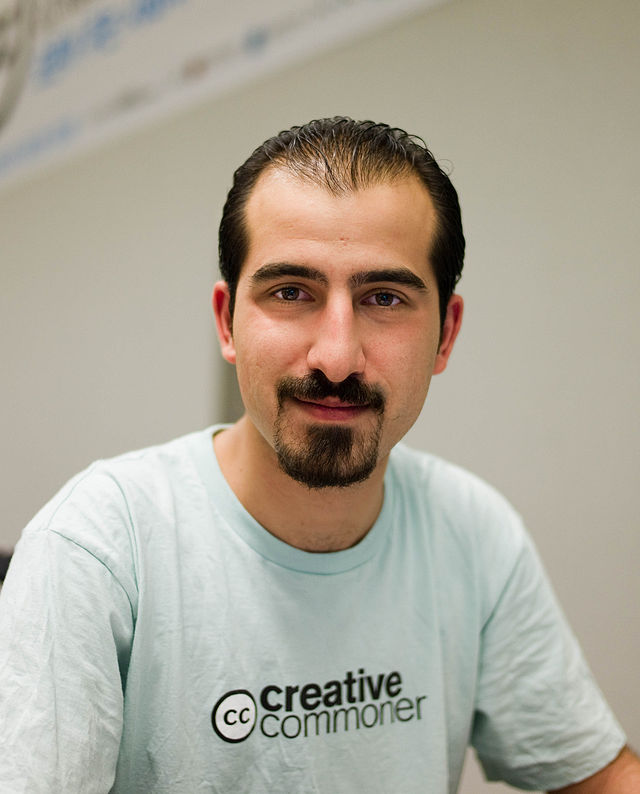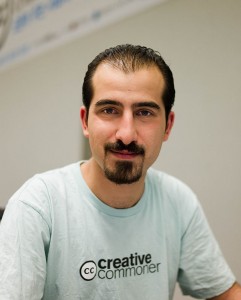In case you weren’t paying attention, there’s a new Linux file system on the horizon, thanks to a former Google engineer.
That engineer in question, namely Kent Overstreet, posted a message on LKML.org last week promoting the progress of Bcache File System, or Bcachefs, the first Linux file system written specifically for solid state disks. The purpose of the new file system is to ramp up the speed in the way Linux stores data on servers.
 “Yet another new filesystem? Why?” Overstreet asks in his post. And then he adeptly answers the age-old question.
“Yet another new filesystem? Why?” Overstreet asks in his post. And then he adeptly answers the age-old question.
“Well, years ago (going back to when I was still at Google), I and the other people working on bcache realized that what we were working on was, almost by accident, a good chunk of the functionality of a full blown filesystem — and there was a really clean and elegant design to be had there if we took it and ran with it,” Overstreet wrote. “And a fast one — the main goal of bcachefs to match ext4 and xfs on performance and reliability, but with the features of btrfs/zfs.”



 I never found one that was even close to the quality of my Lenovo X60s…until recently.
I never found one that was even close to the quality of my Lenovo X60s…until recently.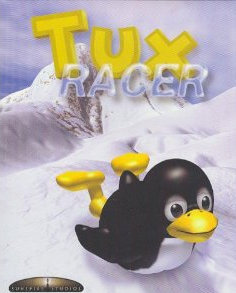
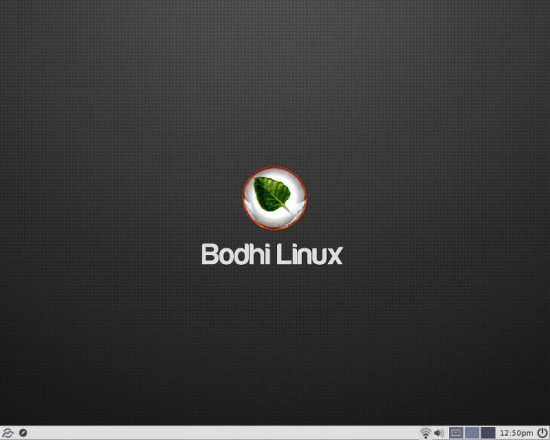
 Learning of this, and being a big Bodhi fan, I was eager to download and install this new version to take the newly forked desktop for a spin, which I did earlier this week.
Learning of this, and being a big Bodhi fan, I was eager to download and install this new version to take the newly forked desktop for a spin, which I did earlier this week.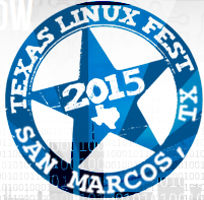
 This year, San Marcos is home to
This year, San Marcos is home to 
 “The code we’re releasing is the server side of what desktop clients connected to when syncing local or remote changes,” said Martin Albisetti, Canonical’s Director of Online Services,
“The code we’re releasing is the server side of what desktop clients connected to when syncing local or remote changes,” said Martin Albisetti, Canonical’s Director of Online Services, 